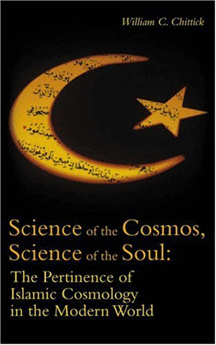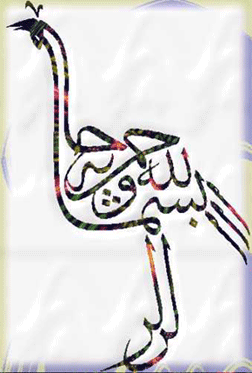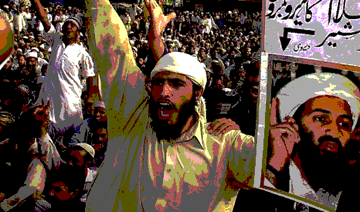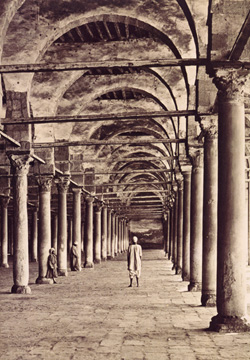
[In a recent and provocatively stimulating book. Bill Chittick examines the relevance of centuries of intellectual pursuit of Islamic cosmology for Muslims in the modern world. This is a fascinating book that is worth reading by Muslims and non-Muslims alike. It is a welcome relief from the constant drumbeat of Islam and politics. Order a copy today… Webshaykh.]
by William C. Chittick
It is commonly imagined that if our ancestors could be brought from the past in a time machine, they would be amazed and dumbfounded by the feats of modern science and civilization. But how would a Muslim intellectual of the past react to the modern world, and in particular to its intellectual ambiance? What would an al-Farabi, or an Avicenna, or a Mulla Sadra think of contemporary science and scholarship?
For the purpose of this experiment, I will borrow the name of our time-traveler from the famous philosophical novel of Ibn Tufayl, Hayy ibn Yaqzan, “Alive, son of Awake.†The name refers to the soul that has been reborn by actualizing the intellect. I will simply call him Ibn Yaqzan.
No doubt Ibn Yaqzan would be astonished by the ready availability of an enormous amount of information. However, he would be much more astonished by the fact that people have no idea that all this information is irrelevant to the goals of human life. He would see that people’s understanding of their true situation has decreased roughly in proportion to the amount of information they have gathered. The more “facts†they know, the less they grasp the significance of the facts and the nature of their own selves and the world around them. Continue reading A Timely Lesson from Ibn Yaqzan →





